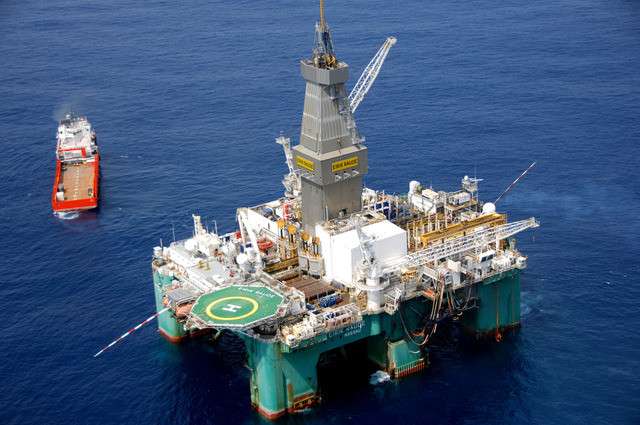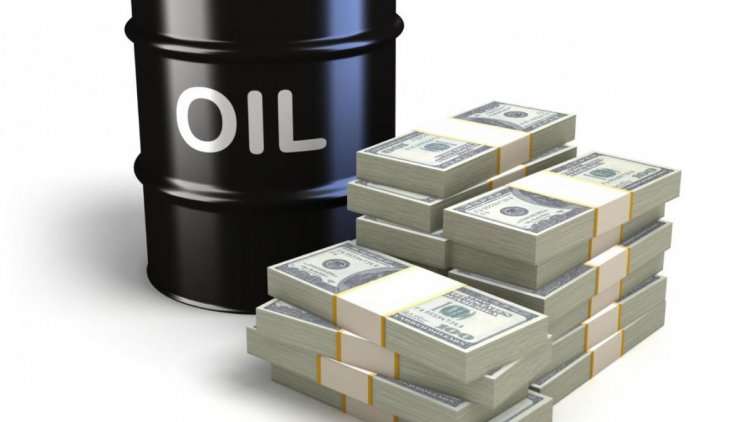The government has received a total of US$56.92 million in corporate income tax (CIT) as at end-June 2021, representing a 22.9 per cent decline compared to US$73.79 million during the same period in 2020.
With such a huge shortfall in corporate taxes, the government’s projected revenue for the full year may not be realized. And as the country’s economic recovery is partly hinged on increasing oil revenues, this may affect the extent of the recovery. This is in recognition of the government’s projected revenue of GHS971,004,440 as company taxes on oil at year-end 2021, according to the 2021 budget statement.
This is despite the fact that oil prices have risen consistently since the beginning of the year to as high as US$71/b as at June 2021, compared with about US$40/b in June 2020.
This downward trend in taxes from International Oil Companies (IOCs) is attributable to the decline in oil production from the three fields— Jubilee, TEN, Sankofa. Total oil production from these fields slumped, reaching 27,767,859 barrels of crude oil, representing an 18.9 per cent decline. This is compared with 2020 production volume of 34,236,596.97 barrels of crude oil.
Cumulatively, this brings the volume of crude oil produced in Ghana since first oil production in December 2010 to 481,155,558 bbls as at the end of June 2021.
Independently, crude oil production from the Jubilee field declined by 17 per cent (from 15,406,903bbls to 12,781,327bbls). Also, production from the TEN field recorded a decline of 27.9 per cent (from 9,266,872bbls to 6,684,265bbls). The Sankofa field also saw production decline of 13.2 per cent (from 9,562,822bbls to 8,302,267bbls).

According to the PIAC report, Eni explained that the decline of oil production at the Sankofa field, where it operates was as a result of Gas/oil ratio increase (the ratio of the volume of gas that comes out of an oil well to the volume of oil). Also, it indicated that increased impairment around the near wellbore areas in some of the oil producers led to the decline.
Surface Rentals in Arrears
Furthermore, total receipt of surface rentals from 8 out of 18 companies was US$697,977.96 as against US$659,094.64, reflecting a slight increase of 5.9 per cent.
The Ghana Revenue Authority (GRA) has indicated that it has embarked on a vigorous drive to recover all outstanding payments with respect to surface rental arrears following the passage of the Petroleum Revenue Management Regulations (PRMR), 2019 (L.I 2381).
The Authority has issued Demand Notices to eight (8) defaulting companies requesting the immediate payment of all arrears and associated penalties from the commencement of their Petroleum Agreements (PAs) up to April 30, 2021.
Among the listed oil blocks in arrears is the Deepwater Cape Three Points, which was operated by Exxon Mobil and joint venture (JV) Partners— GOIL Offshore Ghana Limited, and Ghana National Petroleum Corporation.
Although Exxonmobil, the operator of the oil block has taken an exit, PIAC is of the view that the other JV partners (GOIL and GNPC) are still operating on the Block and would be required to pay the Surface Rental.
PIAC noted that: “Nowhere in any of the petroleum laws does it indicate that Surface Rental is the responsibility of the Operator. When Erin left the expanded Shallow Water Tano block as operator, Base Energy, a JV partner stepped in to pay the Surface Rental.”
It is therefore evident the upstream sector is in a destabilizing condition of some sort, as revenues from the sector have declined as well as oil production. The GRA should consider these issues as highlighted and ensure the revenue due the state in Surface Rentals in arrears are paid to cushion the dwindling taxes from the oil companies.
READ ALSO: Outlook for Vaccine Production is Good- Professor Dodoo



















